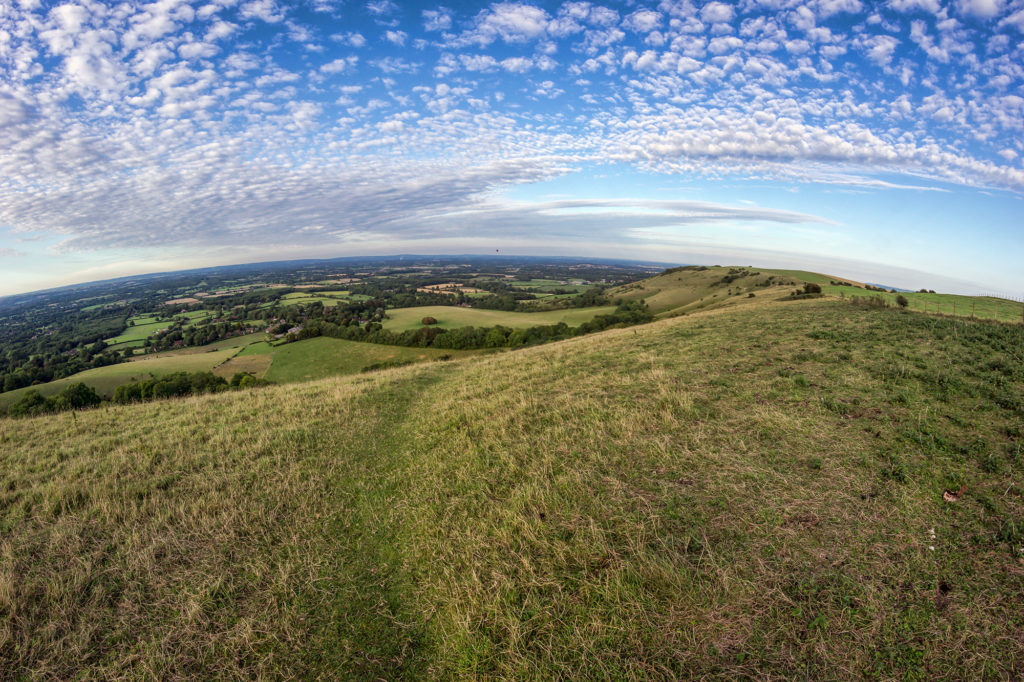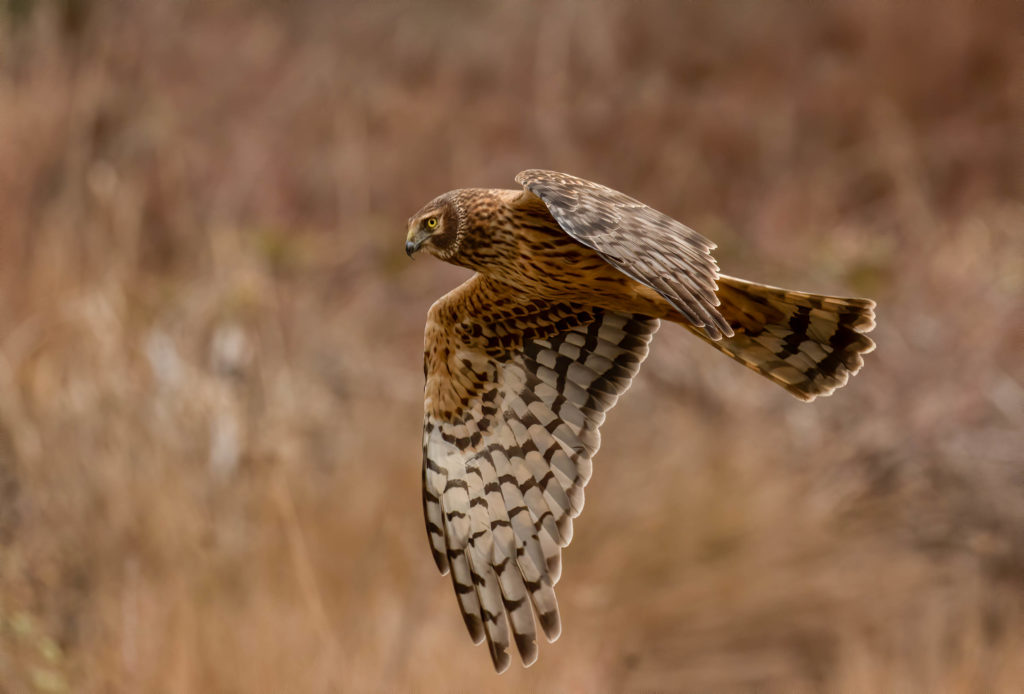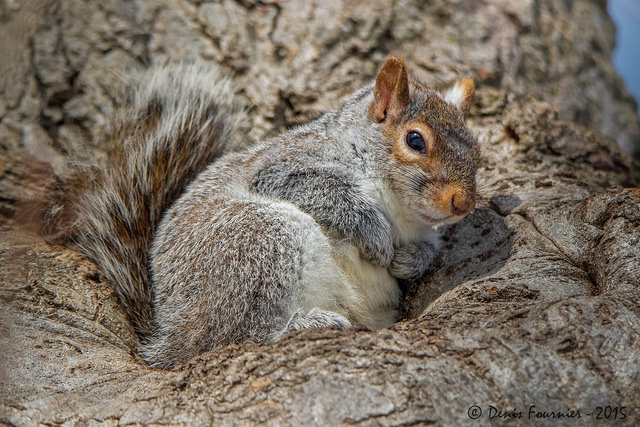The Guardian reports farmers are being called upon to dedicate 1% of their land to nature and carbon sequestration in an unexpected way – by farming in straight lines.
The call to make a commitment to nature and the climate in the run-up to the crucial COP26 UN climate summit in Glasgow comes from WildEast, the farmer-led rewilding movement that is encouraging landowners large and small to create wildlife-rich places across East Anglia. Since its launch a year ago, the WildEast campaign has gathered pledges from more than 80 farmers in the region to devote 20% of their land to nature.



